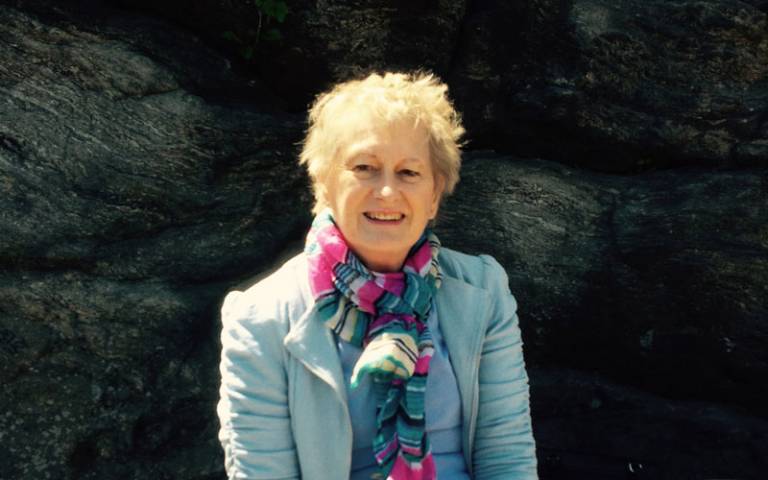In conversation with Dr Sue Dale Tunnicliffe
19 December 2018
We spoke to Dr Sue Tunnicliffe about her work at the UCL Institute of Education (IOE) and how she continues to fuel her passion for education.

Since completing her PGCE at the Institute of Education in 1968, Dr Sue Dale Tunnicliffe has been a teacher, senior academic and published author.
Her current work at UCL Institute of Education (IOE) focuses on research into science education, more specifically early years’ science education and the role of STEM in play, both in school and in communities. Due to her interest in the subject she co-founded the Journal of Emergent Science, which has now been published by the Association for Science Education.
Dr Tunnicliffe’s passion for science education has also led to her involvement in the charity CASTME, which promotes access to STEM education for sustainable development in the Commonwealth. Her wealth of experience has resulted in governments and institutes asking for her advice, and she frequently visits other countries for lectures, conferences and to advise foreign governments on their early years’ science education practices.
We managed to steal an hour of her time in between marking in order to find out what can be gained from her breadth of experience in the education sector.
What is your current involvement with the IOE?
I’m Reader in Science Education and undertake research and do a lot of writing both as an academic and for practitioners. I’m hanging onto my English title [rather than associate professor]! I supervise Masters and Doctoral students; I came as a researcher originally when Michael Reiss, with whom I had a research grant, moved down from Cambridge to become Professor of Science Education.
What do you think brought you to teaching?
My mother was a headmistress at the largest school in England, and my father was a headmaster. After my Zoology degree I was very tempted to go as a scientist at the Water Treatment Works because I specialised in freshwater biology, but I’d enjoyed the teaching that I had done throughout my degree so I decided to be a teacher.
I wanted to teach primary, but when I came here to study they said ‘you’re a good honours graduate, you must teach in the grammar schools’. During the PGCE we studied philosophy, psychology, comparative education, sociology ... I can’t think of all the other things. Oh, and history of education, which was super. And they just don’t do all this background now; it was much more reflective of education in a way.
How do you maintain your passion for education now?
There’s so much in education and how children learn that we still need to find out. My research is very much about the voice of the child; I’ve learnt through my years in education that it’s the pre-school children who are most important.
With the charity CASTME we’re advocating working with communities, as it is in communities where children can learn such a lot. It’s the role of those looking after the children to speak to them and help them to learn the basic principles that we encounter every day. When cooking rice, it is important to show them the cooked rice, and the uncooked rice and say ‘What’s the difference? Can I change this back?’. These are really important science ideas that we are doing all the time. It’s about the nature of science and understanding science.
A zoo has the most tremendous potential for learning aspects of science, like biomechanics. For children they can see it, and it makes sense. The more that children know, the more sense they might make eventually that fits in with the accepted science. I suppose that it is spreading this that keeps my passion for education strong.
Which achievement(s) are you most proud of from your work at the institute?
My PhD was very important. I met a leading informal educator who told me that it was the very first work to look at the analysis of content of conversations, and everybody built on it. I’ve had some impact there, and on my work in the Commonwealth.
What change do you think would make positive impact on education?
I think it’s listening to the children and their interpretation, but it’s also giving the teachers confidence in what they’re teaching. And I think that’s very lacking in some ways. A lot of what teaching should be about is to see what the big ideas really are. It’s the ideas that are important. Teachers do seem to like to tell, and they have the curriculum to get through. But I think if you’re confident you can cover the curriculum. For everything else you have to have the confidence to say ‘I don’t know – let’s find out’.
What advice would you give to recent graduates?
Keep the enthusiasm. It’s very hard, especially these days.
 Close
Close

